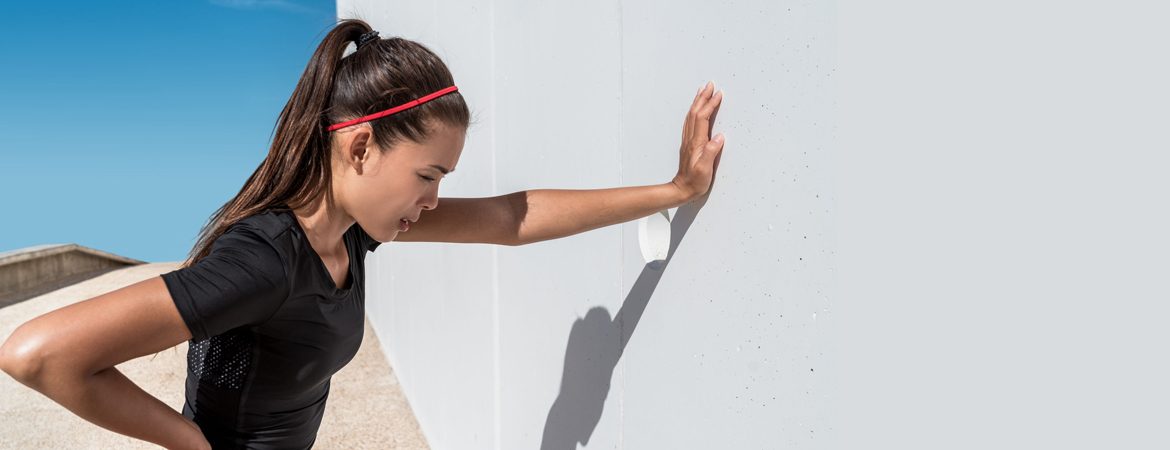
Are You Breathing Right?
We know how to breathe the moment we came to this world. Or at least we thought we knew. But are we doing it right?
If you are guilty of the habits below, you would most probably have been breathing wrong all this while.
![]()
Poor exhalation during workouts
Exercise is good, and it can help to expand our lung capacity, but you would be surprised to know that many of us make a common mistake of not exhaling enough. When we exercise, our shoulder and face may tense up unconsciously. This can limit deep breathing and complete exhalations, which prevents the effective release of carbon dioxide out of the body and makes you tired easily. Worse still, holding your breath during exercises can raise your blood pressure to dangerous levels and cause you to pass out.
 Breathe in through your nose when the exercise is not as strenuous, and exhale through your mouth as you exert force during the workout. Relax your shoulder and facial muscles.
Breathe in through your nose when the exercise is not as strenuous, and exhale through your mouth as you exert force during the workout. Relax your shoulder and facial muscles.
![]() Sucking in your tummy
Sucking in your tummy
Attention ladies, most of you might be making this mistake when you are trying to fit into that figure hugging dress. When you attempt to keep your stomach flat by sucking in your gut, it squeezes your diaphragm, which restricts it from fully expanding. This means that your breaths will be shallower and it may even trap up to 30% of the stale air (carbon dioxide) in your lungs!
 Set your diaphragm free with this exercise: Lie with your back flat on the floor and place one hand on your upper chest and the other just below your ribcage. When you breathe in, feel your stomach move out against your hand. When you breathe out, contract your stomach muscles as much as possible. Repeat this for a few times each day.
Set your diaphragm free with this exercise: Lie with your back flat on the floor and place one hand on your upper chest and the other just below your ribcage. When you breathe in, feel your stomach move out against your hand. When you breathe out, contract your stomach muscles as much as possible. Repeat this for a few times each day.
![]() Slumping
Slumping
Almost everyone of us may be guilty of this: Slumping over our mobiles and laptops or monitor screens. This seemingly harmless action can add as much as 30 kg of pressure to your cervical spine, which explains the backache that you have been complaining about. When you hunch your shoulders, it strains the upper back and neck muscles and compresses your diaphragm, limiting your intake of oxygen.
 Sit with your neck and spine straightened and let your shoulders drop and relax. Set an alarm to keep your posture in check every few hours.
Sit with your neck and spine straightened and let your shoulders drop and relax. Set an alarm to keep your posture in check every few hours.
![]() Panic attacks and stress
Panic attacks and stress
Do you realise that you tend to breathe harder when you panic? This is not only psychological: Stress can affect how you breathe, as it shortens and speeds up your breathing. In turn, short shallow breaths increase stress and anxiety unconsciously, resulting in a vicious cycle.
 Try this simple exercise the next time you feel stressed out: Close your eyes and inhale for 4 seconds, then exhale for 4 seconds. Repeat this for 5 times and you will find yourself feeling calmer.
Try this simple exercise the next time you feel stressed out: Close your eyes and inhale for 4 seconds, then exhale for 4 seconds. Repeat this for 5 times and you will find yourself feeling calmer.
